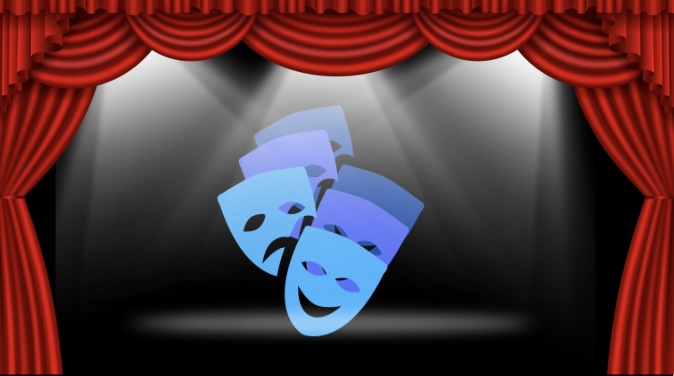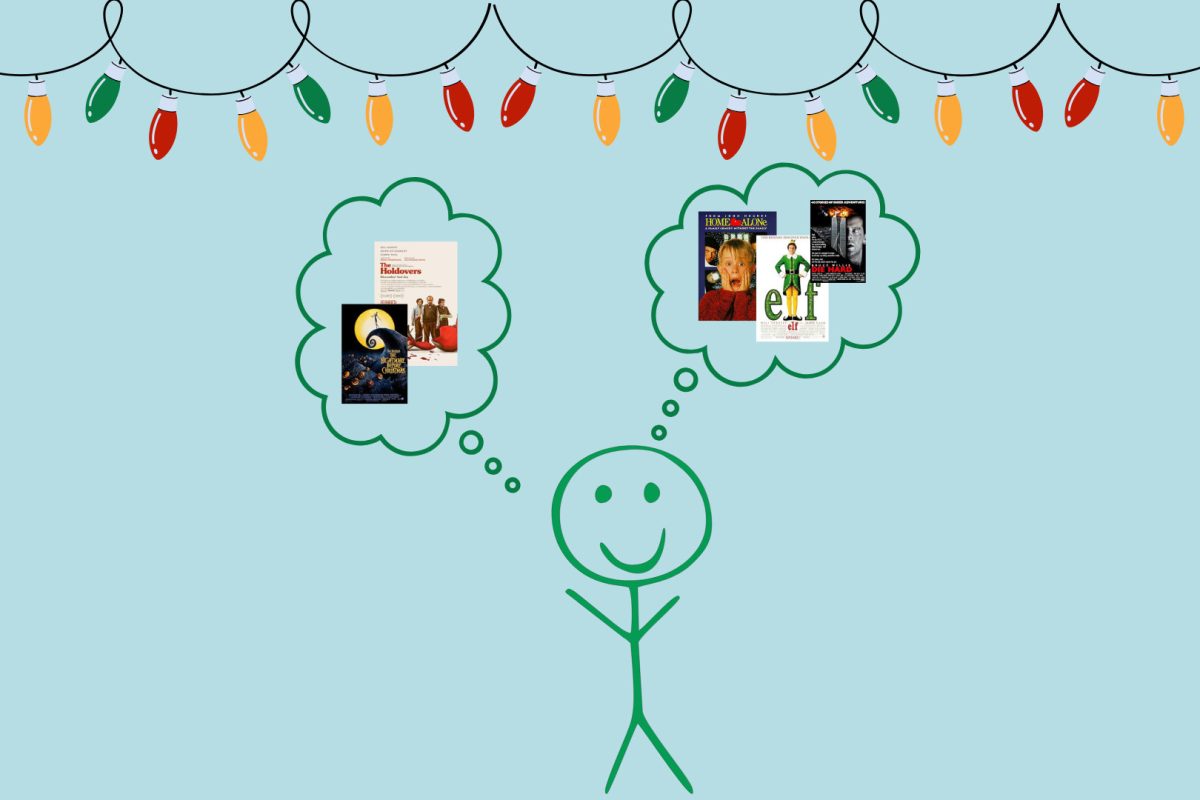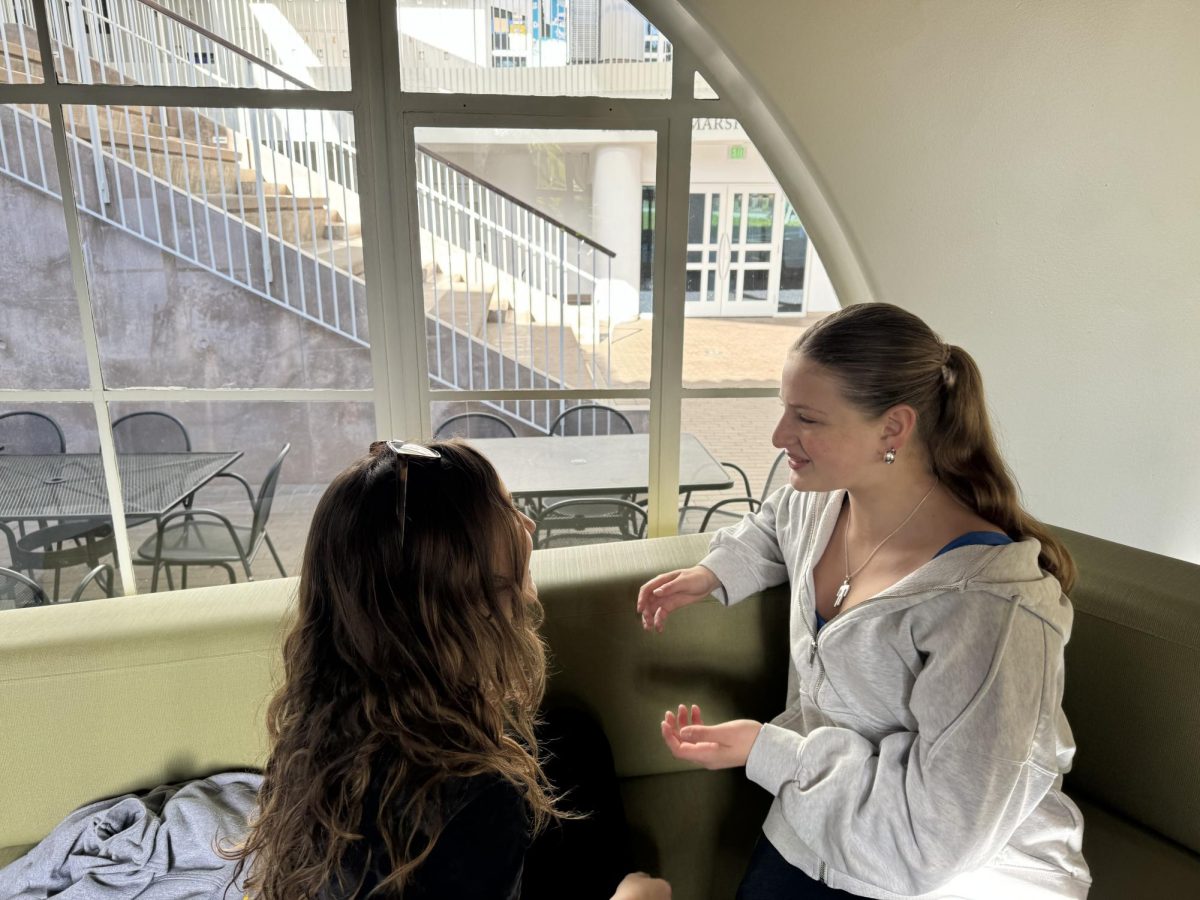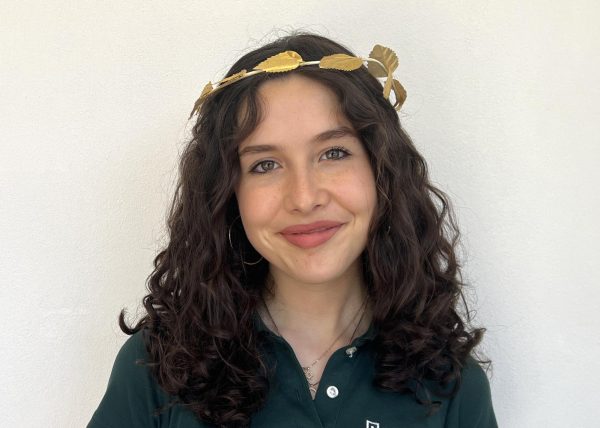As a senior in high school and a soon-to-be legal adult, I have begun to realize that the older I become, the deeper my longing is to return to childhood. Little me was a bouncy-haired, assertive but kind eldest sister, constantly maturing with every lesson she taught her sisters and every level she skipped in elementary reading. My parents recall that I often expressed a desire to grow up and become strong adults like them. But now that I’ve survived many teen years and realized life is not like the adventures I read in my favorite fantasy novels, it is difficult for me to remember the way I experienced the world as a child. Being young seemed more carefree, more magical, and yet now, so far away.
Through life experiences and insights from my Literature of Fairy Tale & Fantasy senior seminar, I have concluded that rather than finding yourself, growing up actually comes with an inevitable loss of identity. Studies show there is a distinctly unique part of your nature that is lost over time: creativity.
The tyranny of comparison is the most effective and manipulative tactic of American society to instigate this suppression of personal creativity. It has always perplexed me how the media has an incredible ability to make people feel like something is missing in their lives. From Sephora marketing campaigns to influencer unboxing videos to car commercials, capitalism’s use of psychology to convert us into consumers has created a materialistic standard for our lives. We constantly seek to meet the ever-escalating stereotype of a “successful” person, leading to skyrocketing purchases and plummeting self-worth.
Unfortunately, I must break it to you that social media is the problem — not the social aspect, specifically, but the short-form content. Whichever stage of the classic American lifestyle you are in, either writing endless school essays or working long office hours, we’re stuck manifesting happiness in the monotony of daily schedules. So by the time we get home from a long working day, our tired brains seek entertainment, and we pump more outside noise into our heads.
I’m sure you all have heard Gen Z’s prophecy: By the time we turn 80, most of us will have spent over 7 consecutive years consuming social media and streaming content. While we do have free will, and social media can be used for good, it’s essential to realize that you are a product of the people around you. So when an entire generation is glued to thousands of girls with the same plastic face, the same mass-produced tank top and the same haircut, you breed thousands and thousands more of the same person and authenticity diminishes.
At this point, you’re left with a closet full of trendy clothes and a brain full of 10-second TikTok videos. The truth is, there’s too much crap in our minds and too many objects in our lives. The solution to this constant consumption and entertainment relies simply on the human spirit. We must begin to create again.
I recently encountered a quote that completely changed my thinking on maturity: The transition from childhood to adulthood isn’t due to a loss of innocence, but a loss of presence in the moment. To diminish anxiety, which by definition, is thinking about the future, we can learn a lesson from happier populations: children, and maybe Italians (il dolce far niente, the sweetness of doing nothing, is a solid value to start with). Be exactly who you are, living in this present moment.
There are a few ways to begin this process and rediscover your identity. The first step is taking moments to disconnect yourself, not only from screens but also from civilization. Go out into nature, whether a nearby forest or the beach and tune yourself into the energy of the earth — it is one of the greatest forms of reflection and therapy.
The second step is easier said than done: Take a risk. Unlike many adults, most children would not panic over deviating from their daily calendar or experiencing a new place, because their entire lives are founded on exploration. From eating at a new restaurant to choosing a unique, passionate career path, both small and large risks can expand your worldview.
The third and most essential step is to create and be creative. Try to start with a completely blank piece of paper, a tuned guitar or a list of ingredients, and try to imagine something that has never been created before. By discovering which different forms of creativity work best with you, your true emotions and values will return and manifest in your creation.
Once we take our first step outside of the system, we’ll notice the resurgence of certain beautifully human practices. By discovering a personal fashion sense different from the trend in your area, creating an authentic art piece that speaks to your emotions, cooking an inventive dish without a recipe or writing an unconventional book about your life experiences, you’ll rediscover authenticity and the magic you left behind in your childhood years.



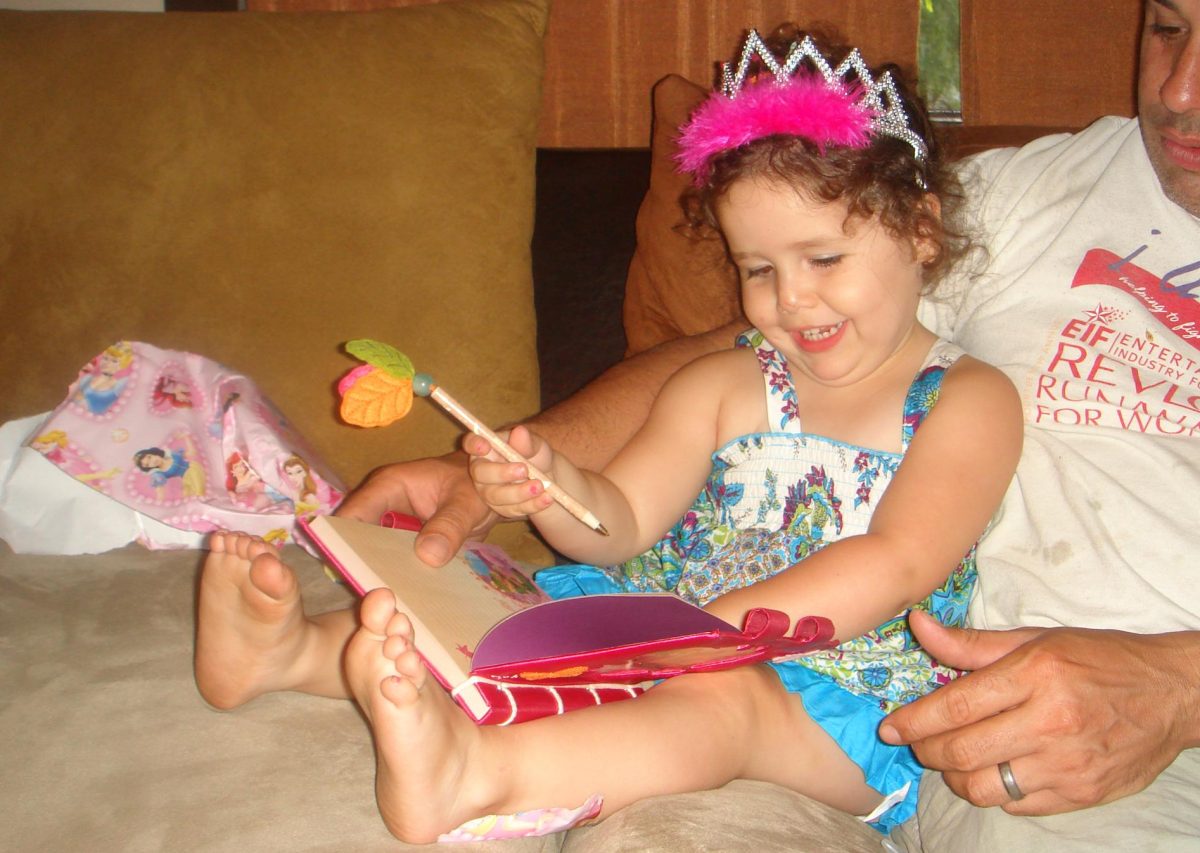


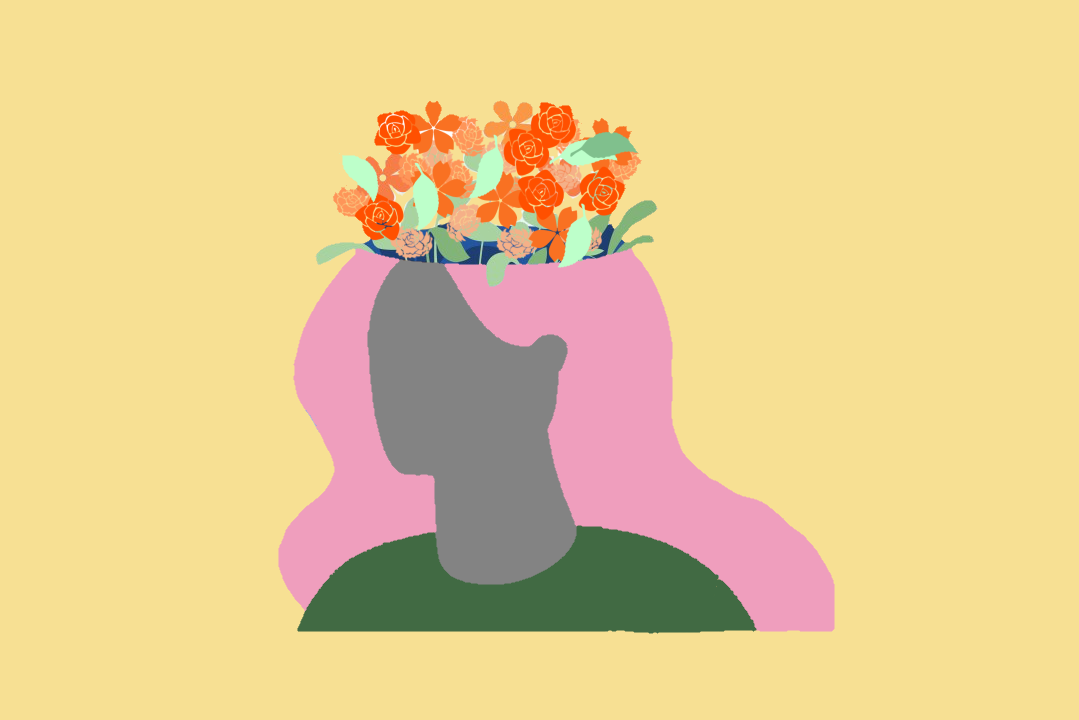
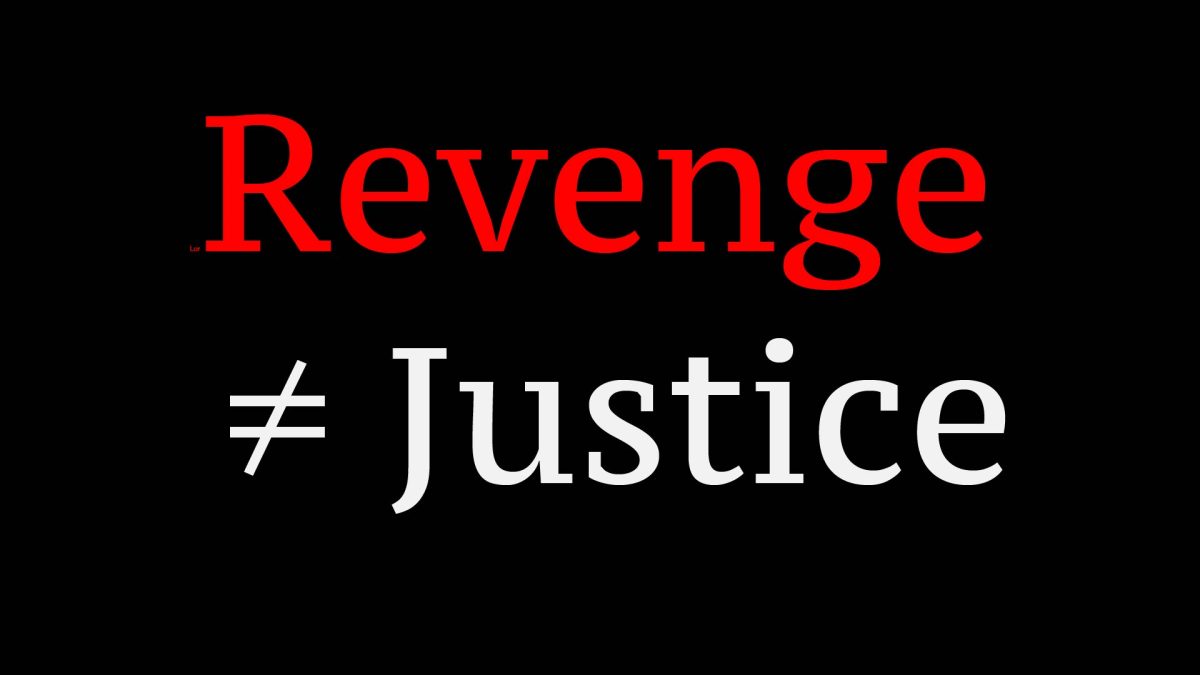
![The Paris 2024 Olympic swimming pool is filled with bright lights and spectators. The Olympic games were held from July 26 to Aug. 11. While the event is meant to symbolize global unity, athletes from non-Western countries were met with accusations and scrutiny. [Paris 2024 Olympic Games] by [Roman Koksarov] is licensed under [CC BY 4.0.].](https://archeroracle.org/wp-content/uploads/2024/09/53891226234_11677c1e9f_o-1-1200x831.jpg)


